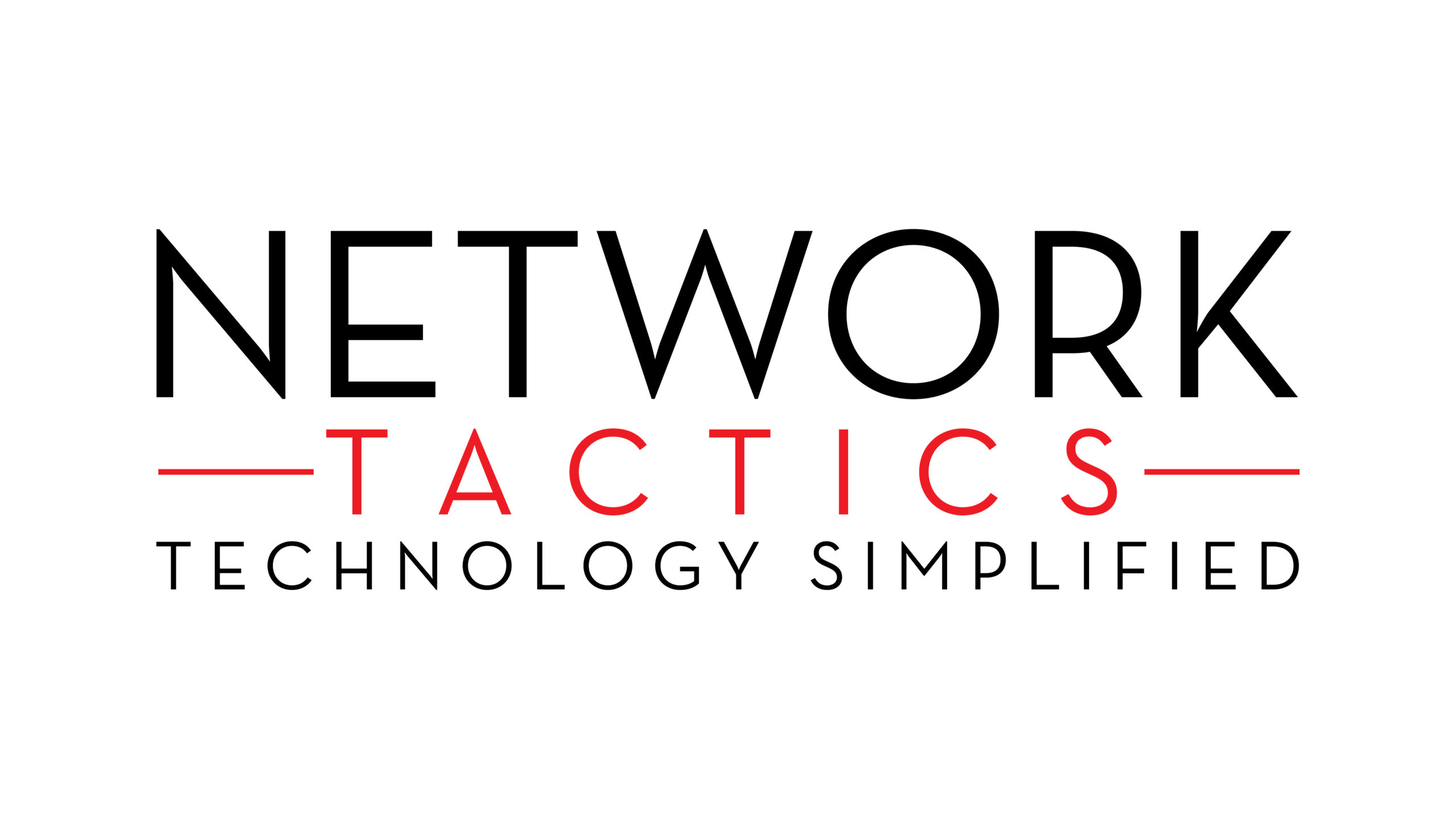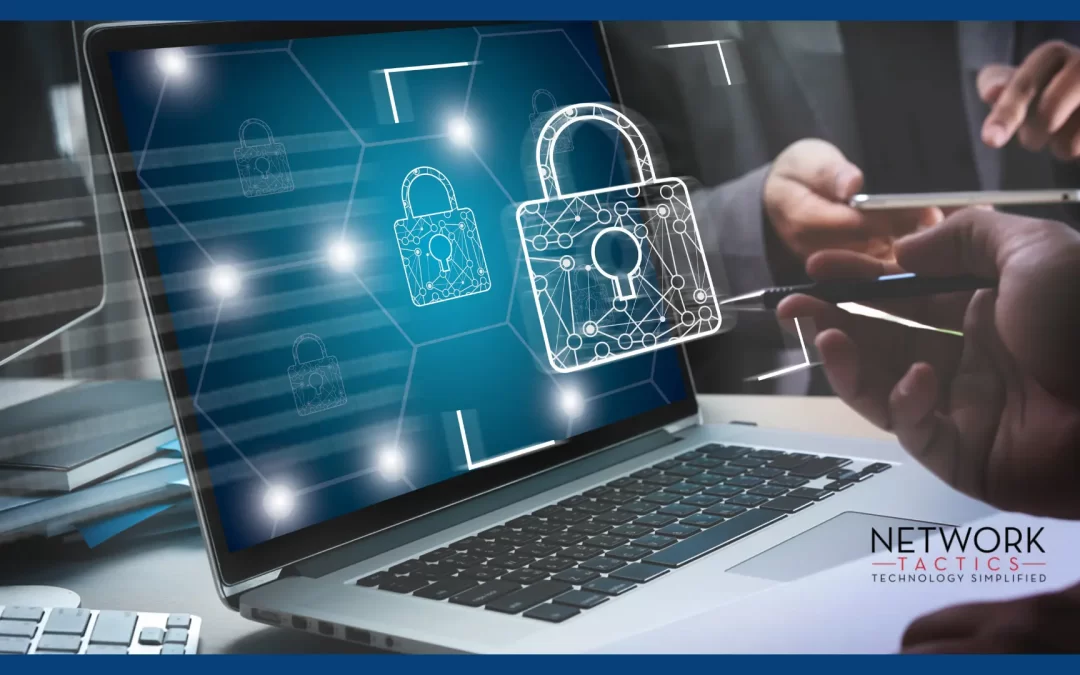How to Protect Your PC from Hackers & Cyber Threats
In today’s digital world, threats to our computer systems, loss of information, and theft of our personal data are alive and thriving. Cyber threats (such as malware, phishing attacks, ransomware, and other malicious activities) are constantly evolving. However, you can take some proactive steps to protect your PC and your family from becoming victims.
Whether your computer is used for personal tasks, school assignments, or work, securing your system is essential to safeguarding your privacy and overall online safety.
In this blog post, we will cover several effective ways to protect your PC from hackers and other cyber threats.
Use Multi-Factor Authentication (MFA)
MFA adds an extra layer of security beyond passwords. Even if someone manages to get your password, they would still not be able to access your account without the second identification factor, such as a text message containing a code number, an authentication app, a pass key, or a hardware token.
Why MFA is important:
- It makes it much more difficult for cybercriminals to access your account with only your password.
- MFA is especially useful in securing important accounts such as email, banking, and cloud storage.
Use Managed IT Services for Added Protection
While using the types of MFA mentioned above reduces your exposure to cyber threats, some users and businesses might need the added assistance of managed IT services. Network Tactics has the expertise and tools to enhance your computer’s security
Benefits of Network Tactics’ Managed IT Services:
- Network Tactics provides professional monitoring and 24/7 support to address potential threats before they pose a problem.
- We perform regular system audits, vulnerability assessments, and security patching.
- We will give you expert advice on securing your networks and devices, reducing human error as a potential risk.
To ensure your system is fully protected and optimized for the best security, consider partnering with a reliable managed IT service provider, such as Network Tactics.
Install and Update Antivirus Software
Antivirus software is a critical line of defense against malware, viruses, and other cyber threats. It continuously scans your PC for suspicious activity, which can prevent malware from infecting your system.
Why updating your antivirus software is important:
- Since new viruses and malware are constantly being developed to bypass security programs, it is essential to keep your antivirus software up to date to ensure the maximum protection.
- Many antivirus programs offer real-time protection, which blocks potentially harmful files and links before they can infect your system.
To stay ahead of emerging threats, choose a reputable antivirus program and enable automatic updates. The most popular options include Norton, Bitdefender, and McAfee. Network Tactics can assist you in deciding which of these programs is right for you.
Enable a Firewall
A firewall, which acts as a barrier between your system and the internet, and monitors and filters incoming and outgoing network traffic, is another vital security feature.
Why a firewall is important:
- It helps block unauthorized access attempts and malicious traffic from reaching your computer.
- Firewalls can alert you to suspicious activity and can also provide logs of potential threats.
Firewalls for both hardware and software are available. It is also advisable to enable your computer’s built-in firewall settings (Windows Defender on Windows or MacOS’s firewall) to ensure your system is properly protected.
Keep Your Software Up to Date
By having outdated software on your computer, you run a significant security risk as hackers can exploit the vulnerabilities of older versions of applications and operating systems. For example, Windows 10 will officially be discontinued, and you must upgrade your system to Windows 11 for improved reliability and security. To benefit from the latest security patches and fixes, it’s important to keep your software current.
Be Wary of Phishing Scams
Phishing is one of the most commonly used methods whereby hackers try to gain access to your sensitive information. These attacks try to trick users into revealing their passwords, credit card information, bank account numbers, and other personal data by faking legitimate websites and emails, or pretending to be someone from your banking institution, credit card provider, or other company with which you do business.
How to spot phishing attempts:
- Be wary of unsolicited emails that ask for sensitive information, especially if they make it appear to be something that needs to be handled urgently or wherein the sender seems to be threatening you if you don’t provide the requested information immediately. A good example of this is the sender telling you they will block your use of the account if you aren’t forthcoming with the information.
- Always look for grammatical errors, strange sender addresses, or suspicious links.
- Avoid clicking on links or downloading attachments from unfamiliar sources.
If you receive an email from a company or person whose name you don’t recognize, don’t respond to it, don’t click on any link, and don’t download any attachment until you are able to verify its legitimacy. Login to the account in question directly through the company’s website, to verify whether your account appears to have been hacked. If you suspect your account has been hacked, call the company directly and discuss your concerns with them.
Backup Your Data Regularly
Data loss is a major concern for all computer users. Malware, such as ransomware, can lock you out of your system and corrupt your files, making them inaccessible.
How to back up your data:
- Consider using cloud storage services such as Google Drive, Dropbox, or OneDrive to store your important files off-site.
- An external hard drive or Network Attached Storage (NAS) allow you to make physical backups.
- Set up automatic backups so your data is consistently saved without requiring you have to remember to do it manually.
Limit User Permissions
If you have multiple accounts on your PC, limiting user permissions can provide an added layer of security. One way to limit access is to give each user only those permissions they need to perform their tasks.
Why limiting permissions matters:
- Limiting permissions reduces the chance of malicious software making unauthorized changes to your system.
- It also ensures that critical system files and settings are protected from accidental or intentional tampering.
Use Strong, Unique Passwords
Weak passwords are a hacker’s dream. Creating strong passwords is one of the easiest and most effective ways of protecting your PC from unauthorized access. Make sure your passwords are long, complex, and unique for each of your accounts.
Tips for creating strong passwords:
- Avoid using common words or phrases.
- Choose a mix of upper and lowercase letters, numbers, and special characters.
- For even greater security, create a passphrase instead of using a single word password.
- Devise different passwords or phrases for each of your accounts. While it may seem inconvenient for you to have to keep track of multiple passwords, it keeps hackers from gaining access to all of your accounts with one lucky password hit.
To ensure your passwords are secure, consider using a password manager. These tools can generate and store complex passwords making it easier to maintain strong security without having to memorize your information or keep a written log, which can be inconvenient.
Final Thoughts
With the right strategies, you can significantly reduce your risk of becoming a victim of cybercriminals. Keeping your software current, installing or updating your antivirus software, enabling firewalls, and using strong passwords are some of the ways you can stay vigilant against phishing scams and protect your PC from hackers and other malicious cybercriminals. And, if you need extra support, managed IT services can be the answer to your problems.
For more information regarding managed IT services, contact Network Tactics to discuss your options.
Stay proactive, stay updated, and stay safe online!

